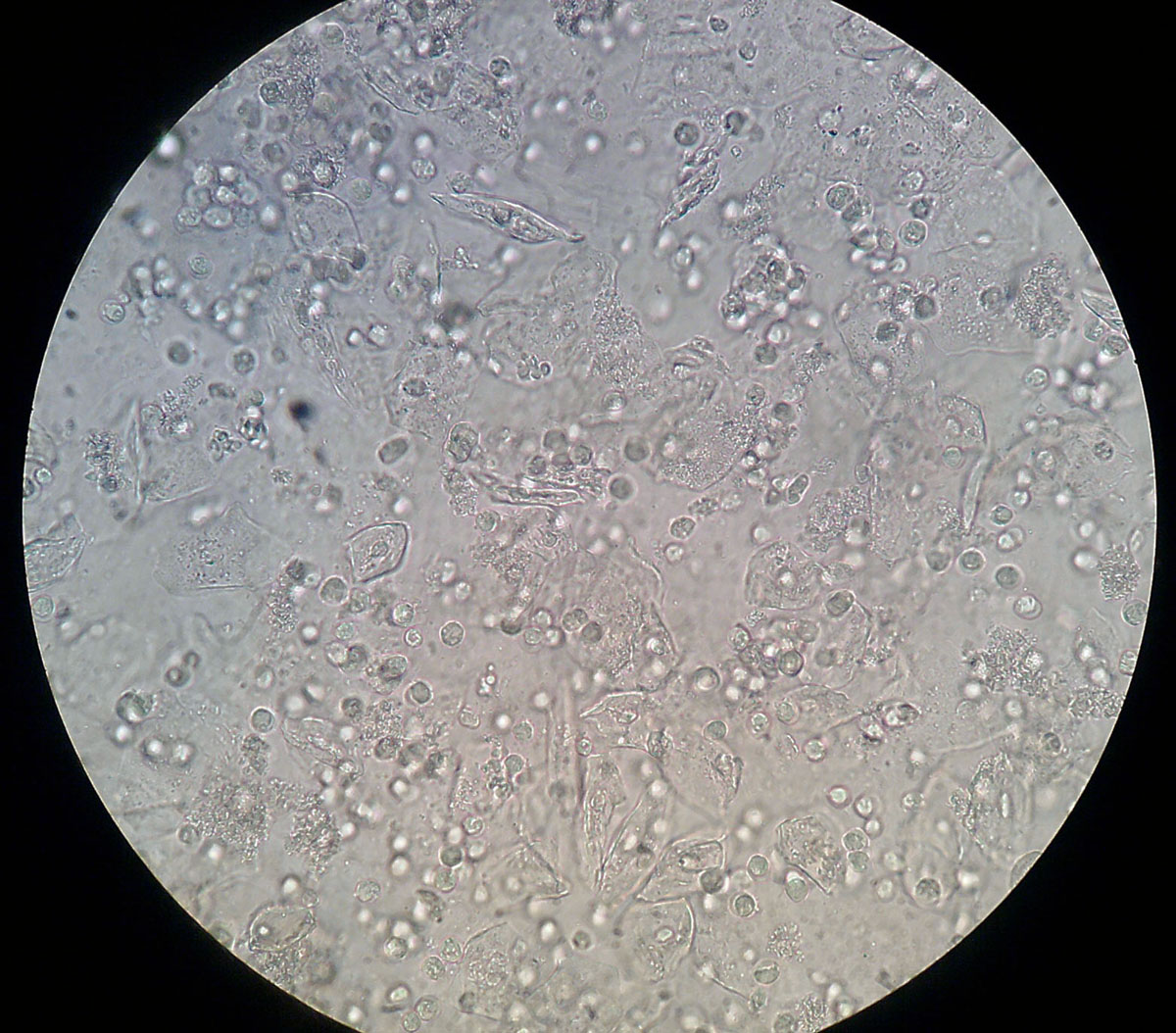Introduction to UTIs
Urinary Tract Infections (UTIs) can be caused by many different things, however, the usual and most common cause is bacteria entering the urethra.
It is more common for women to get it because of the simple fact that their urethras are not as long as the male urethra, which means that the bacteria will have a much easier time getting to the bladder.
Sexual intercourse has also been known to push the bacteria up into the bladder, and once it is there, the bacteria reproduce at a very fast rate, which leads to all of the symptoms of a UTI, such as pain when urinating and even blood in the urine.
Treatment
One of the most simple and effective ways to get the bacteria out of the bladder is to drink a lot of water. As soon as the common symptoms appear (constant urination, painful urination, fever, aches, and pains), a person needs to begin drinking a lot more water.

However, this will not cure the infection on its own.
The bacteria need to be killed off, which means that an antibiotic will be needed most likely.
Some minor cases will just go away over time, but most of the time, the UTI will get progressively worse if not treated with some kind of medication.
If the infection gets backed up even further and ends up in the kidneys, the pain will get even worse. So the best course of action is to go see a doctor, who will recommend the proper medication for the problem.
Usually it will only require a simple three-day course of antibiotics, and the pain while urinating is usually gone in one day, which is a relief.
AZO is a good one to use to get rid of UTIs. It will treat the symptoms of the infection immediately and offer relief from the pain and fevers while it is working to kill off the bacteria.
If the pain is not going away, you can supplement the antibiotics with painkillers such as ibuprofen.
It is also very important not to have sex until the full course of the antibiotic treatment has ended.
Prevention
Some good things to do to prevent UTIs from reoccurring is to make sure to urinate before, but especially after, intercourse. This will flush out the contents of the bladder and not allow the bacteria to stay there are reproduced.
It is also important to always drink a lot of water and make it a common practice because staying hydrated at all times is one of the best ways to prevent UTIs. When a person is urinating regularly then they are keeping their urethra clean as well, which is essential for staying bacteria-free.
- A systematic literature search was performed for the last 20 years (1999–2019) and the efficiencies of these eight different non-antibiotic interventions were analysed and discussed.
- The overall results suggest that cranberry products may be an option for prevention of UTI in healthy, non-pregnant patients, as well as in patients after gynecological surgery when a catheter was placed. However, these findings still need confirmation because the conducted studies did not involve a large enough number of participants.
- Another alternative, non-antibiotic approach to UTI treatment is the administration of herbal preparations. One product approved in many countries is Canephron N (Bionorica, Germany). This contains century herbs, lovage roots and rosemary leaves. It has diuretic, spasmolytic, anti-inflammatory, antibacterial and nephroprotective properties, and is also considered to be safe in both pregnancy and during breastfeeding.
- Lactobacilli may especially be useful for women with histories of recurrent, complicated UTIs or on prolonged antibiotic use. Probiotics are safe in terms of causing antibiotic resistance and may offer other health benefits due to vaginal re-colonisation with Lactobacilli. However, more comprehensive research is still needed before recommending probiotics as alternatives to antibiotics.
- Replacing antibiotics with NSAIDs for the treatment of uncomplicated UTI may be at the cost of prolongation of symptoms and increased risk of pyelonephritis. Due to that fact, in uncomplicated UTI it is preferable to delay the use of antibiotic while closely monitoring the patient rather than completely resigning from antimicrobial treatment. In this strategy it is also important to share a decision-making process with a patient and to know his/her expectations towards the treatment. Of note, NSAIDs have been studied only as a treatment option for UTIs, but not for prevention of rUTIs.
- The urinary tract mucus membrane is coated with proteins that interfere with the adhesion of bacteria. d-Mannose is a monosaccharide that can be rapidly absorbed and excreted by the urinary tract and can prevent the adhesion of type 1 bacterial fimbria to the uroepithelium. This is a bacterial virulence factor promoting UTI—especially caused by E. coli.
- Bacterial extracts are used in the management of UTI because they are able to stimulate the host’s immune system through the activation of monocyte-derived dendritic cells to produce antibodies and cytokines. They may be an attractive option for prevention of UTI as they can be an alternative to antibiotic prophylaxis in patients with rUTIs.

















Your thoughts on this
Loading...